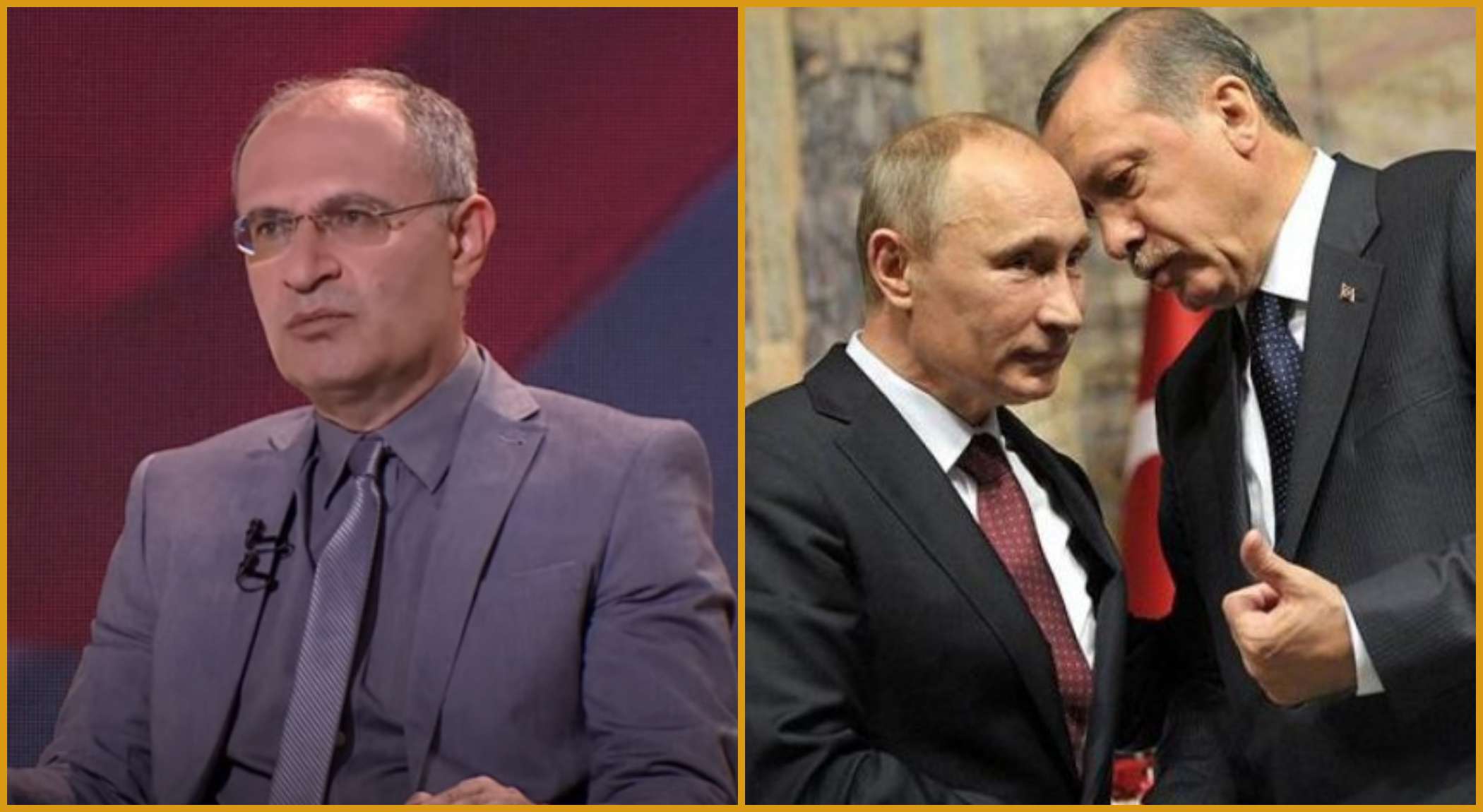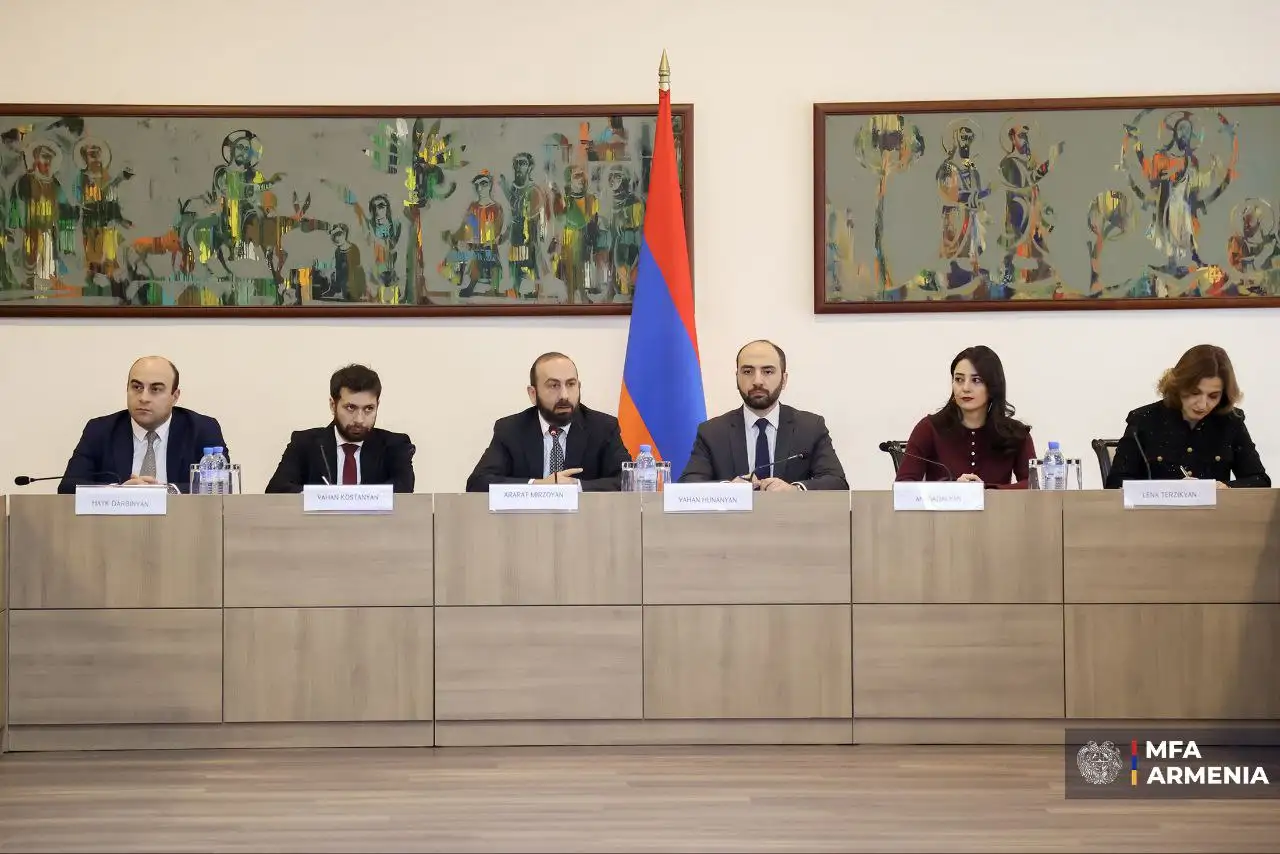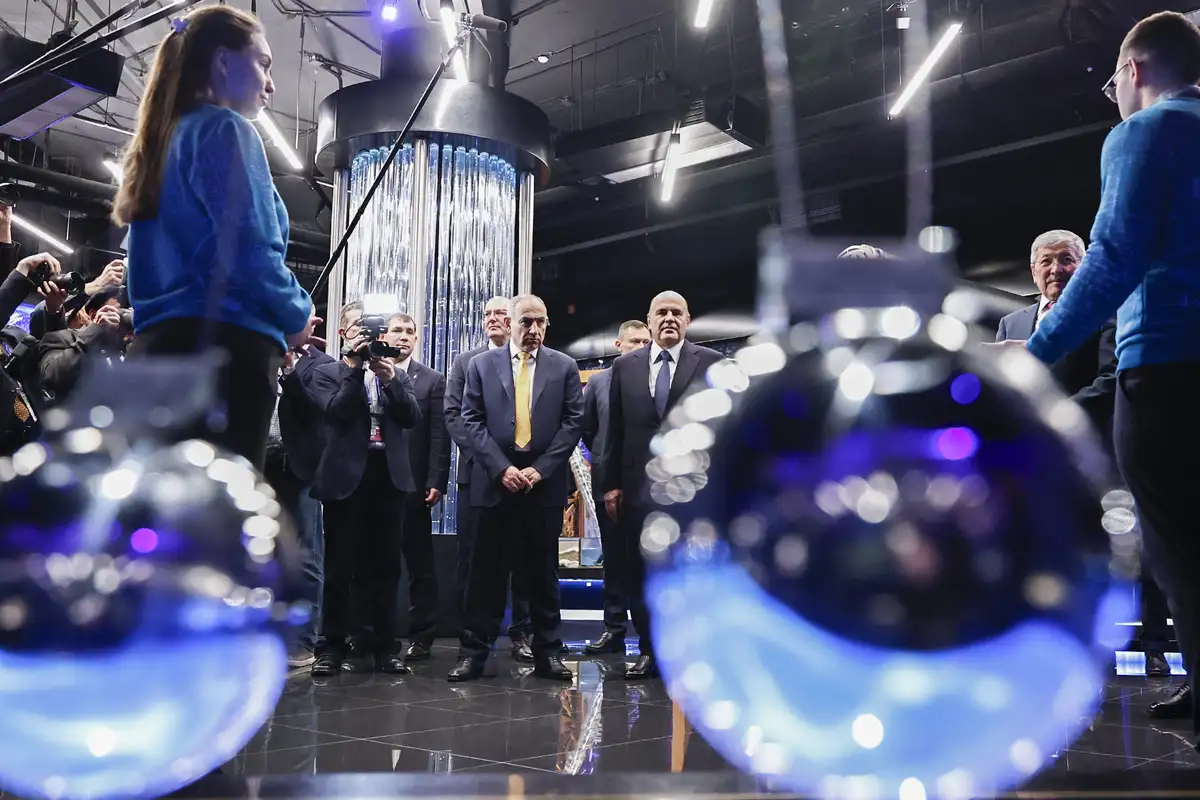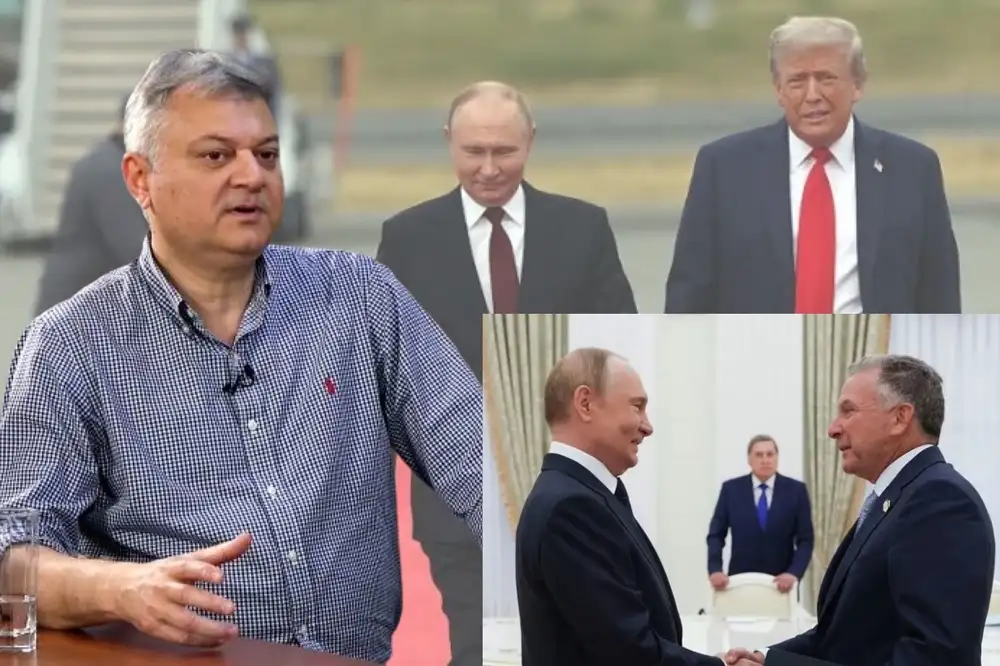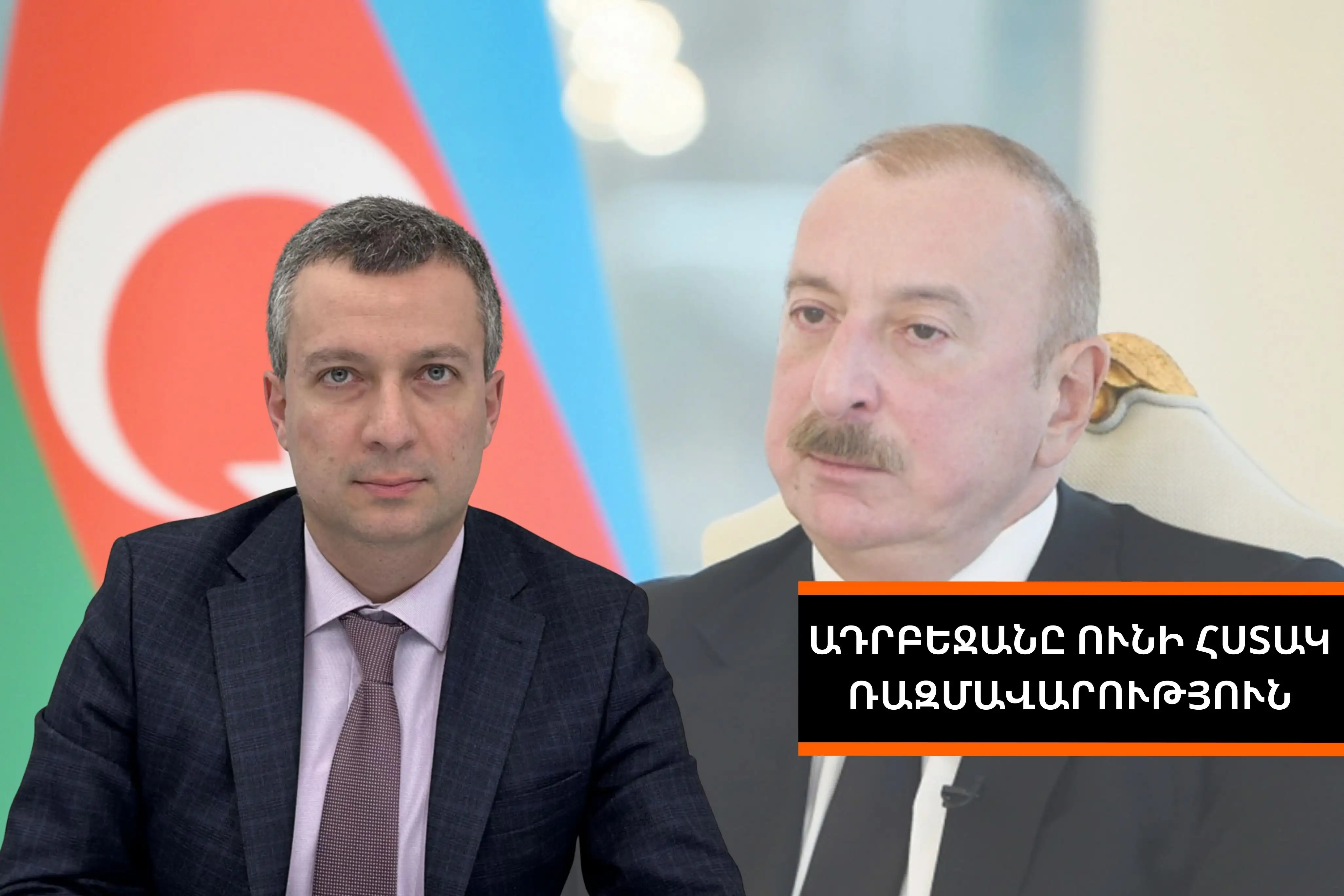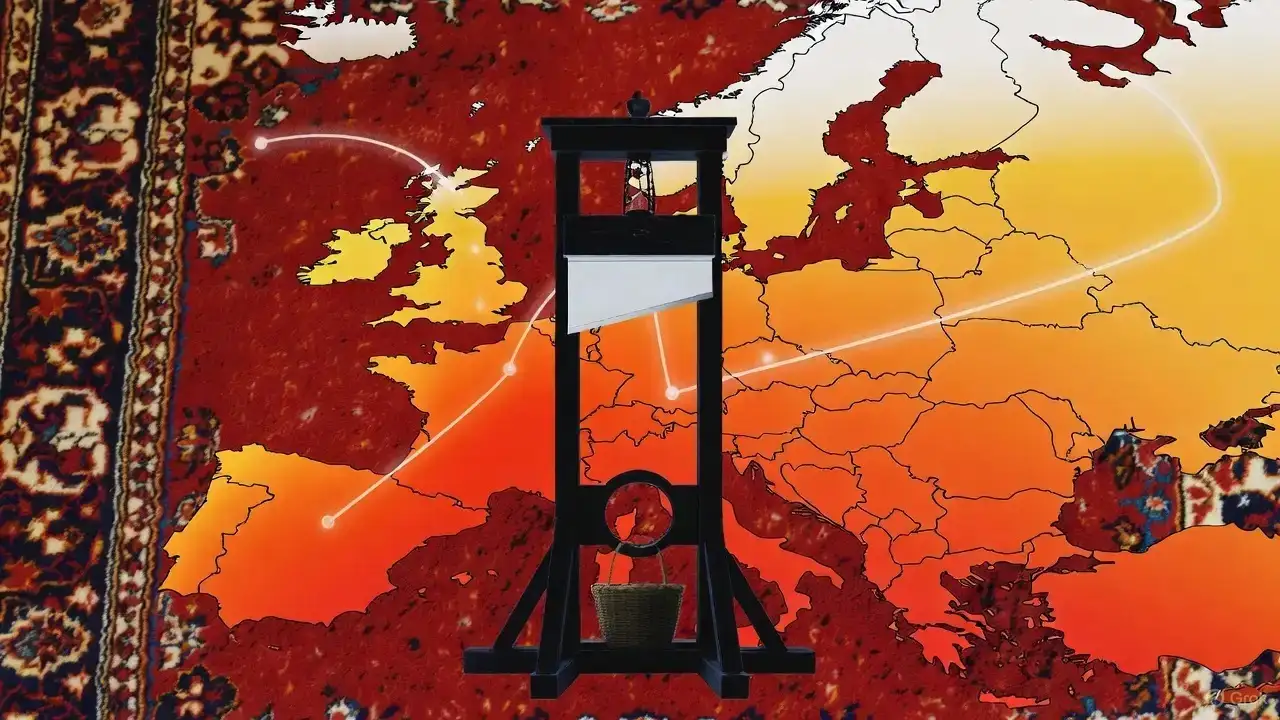Radar Armenia spoke with public figure Mikael Hayrapetyan about recent geopolitical developments around Armenia.
- On November 7, the meeting between US Secretary of State Anthony Blinken and the Foreign Ministers of Armenia and Azerbaijan took place. What are your impressions of this meeting?
- Since there are no details about the actual negotiation process, it is premature to express a specific attitude. However, the very fact of the meeting itself is promising, with which the USA curbs the Russian-Turkish project.
- Blinken described the efforts of Armenia and Azerbaijan in the direction of sustainable peace as a real and brave step. He also stated that the United States fully supports the sovereignty and territorial integrity of both Armenia and Azerbaijan. What does this mean, and in this context, what will be the fate of NK?
- Mr. Blinken's qualification is not a diplomatic wording, but the bare truth. If Russia somehow manages to solve the issues of Ukraine, the next step will be to absorb Belarus and Azerbaijan very quickly. Only with a superficial approach, it may seem that Azerbaijan is in a better position than us in terms of sovereignty. rather, the exact opposite. Well, it happened once in history, under exactly this arrangement. Let's remember that in 1920 on April 28, Russia first absorbed independent Azerbaijan, which was quite logical. We were still sovereign for 8 months after that. Russia had to bribe Kemal Turkey and force it to attack Armenia, and at the end of November it personally started a war against Armenia. Unable to fight on two fronts, Armenia was forced to capitulate to both - to Russia on December 2 in Yerevan, and to Kemalist Turkey on the same day in Alexandropol. Thank you to the United States for understanding the Russian-Turkish conflict and speaking about its readiness To protect the states of both Azerbaijan and Armenia. It is only in the conditions of independence that it is possible to address the issue of Artsakh in general. I think this is the American approach.
- In this meeting, the parties avoided the conversation about Nagorno-Karabakh. What did this mean?
- This meant that the status of Artsakh can be addressed only if the statuses of Armenia and Azerbaijan are preserved. After all, in 1921, the Russians first solved the issue of the statuses of Armenia and Azerbaijan by sovietizing them, after which the issue of Artsakh became an internal issue of Russia. And what kind of national 100-year misfortune it turned out to be for Armenians, we have been tasting it for more than 30 years now. If Azerbaijan is foolish enough to deceive the USA and unilaterally surrender to Russia, hoping to repeat the profitable 1921. party will then be severely punished, for although the arrangement is exactly the same as it was 100 years ago, the balance of power is quite different. At that time, there was no collective West, and the existing one was led by our ally Great Britain, whose forces, unfortunately, were not sufficient to solve the problems in the Middle East and especially in the South Caucasus in accordance with its values. and Britain chose the Middle East. Russia was on the rise then, and now even the blind can see Russia's descent. And the world superpower today is the USA, whose forces are not comparable to those of 1920. with the lesser powers of the collective West. And thank God that it is so. that is, there is hope that this time it will be possible to defeat the Russian-Turkish anti-Armenian and unjust project.
- There will be another such meeting in the next week. It seems that after the tripartite meeting in Sochi, the US is becoming more active, fully assuming the role of moderator of the peace treaty.
- I have the same impression. What is required of us now is to be a little prudent and to endure, if necessary, to resist.
Hayk Magoyan




